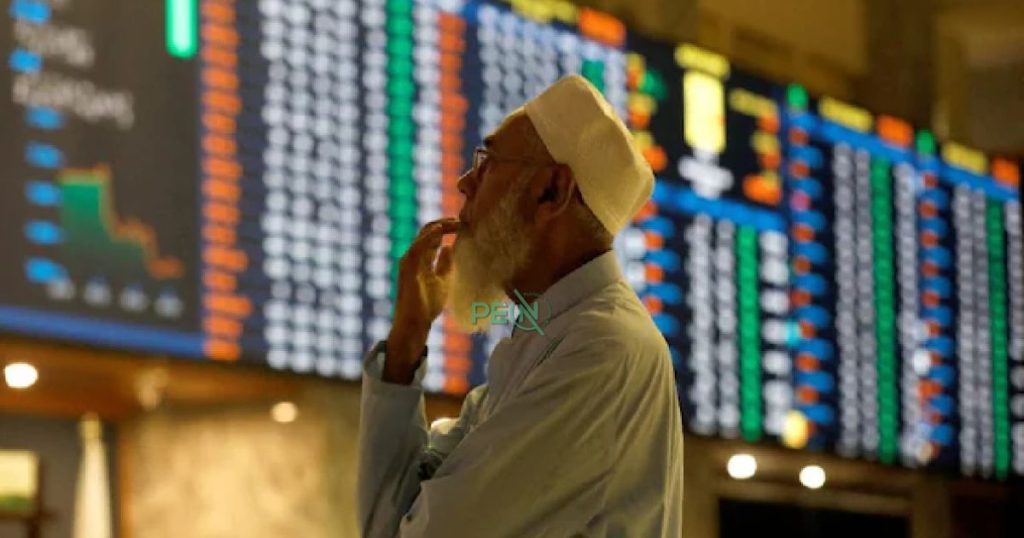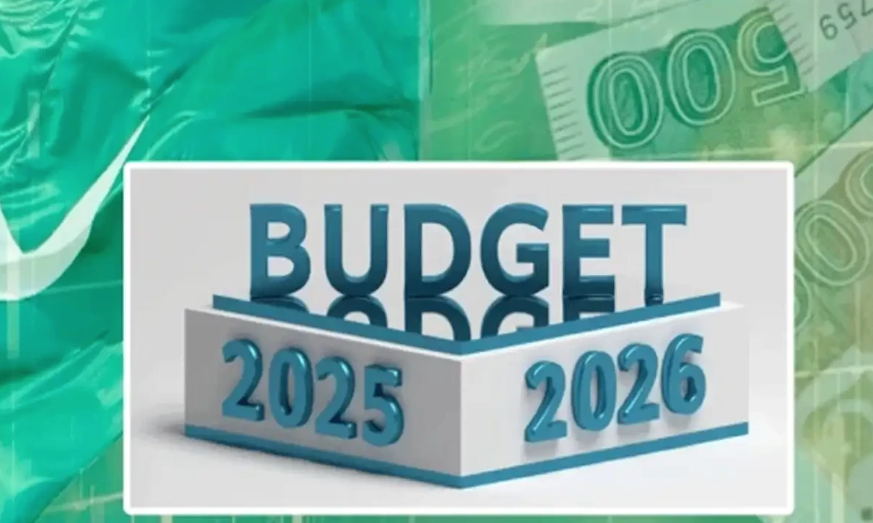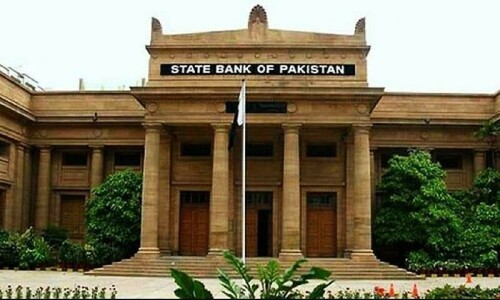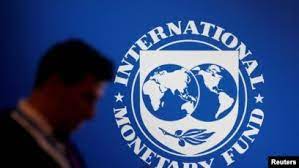TRADE & ECONOMY
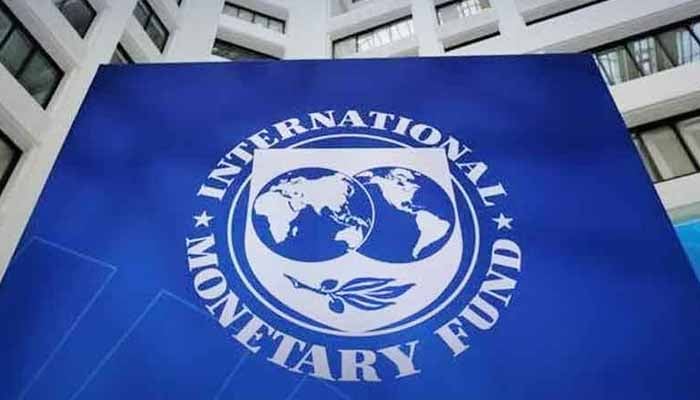
The International Monetary Fund (IMF) has shared a draft Memorandum of Economic and Financial Policies (MEFP) with the government of Pakistan, aiming to finalize a staff-level agreement under the $7 billion Extended Fund Facility (EFF). However, key differences persist, delaying the much-needed financial bailout.
The draft MEFP outlines strict conditions for fiscal discipline, including reduced tax targets for the Federal Board of Revenue (FBR) and expenditure cuts to maintain the agreed primary surplus.
Relief for Construction and Real Estate?
The IMF has expressed willingness to provide relief for the construction and real estate sectors, but it remains unclear whether these incentives will be implemented immediately or in the FY 2025-26 budget.
Disagreements Over Petroleum Levies & Circular Debt
A major sticking point in the negotiations is the proposed Rs70 per liter levy on petroleum products to boost revenue while reducing electricity prices. The IMF has raised concerns over how Pakistan will manage its circular debt if global oil prices rise.
To address this, Pakistan has proposed a 6-year plan to eliminate its Rs2.4 trillion energy sector circular debt. Additionally, the government has introduced a Debt Servicing Surcharge (DSS) of Rs3 per unit on electricity bills, expected to generate over Rs300 billion annually.
Loan Approval and Government's Response
While the IMF’s approval would provide some financial relief to Pakistan’s debt-ridden economy, Power Minister Owais Ahmed Khan Leghari stated that no final decision has been communicated yet.
Leghari assured that the DSS will remain below Rs3 per unit and will continue as part of the loan term sheet. He emphasized that the new loan will not impact Pakistan’s GDP ratio or other economic parameters.
What’s Next?
The staff-level agreement is crucial before Pakistan can formally request the IMF’s Executive Board to approve the next $1 billion tranche. Economic experts remain skeptical about cross-subsidies, questioning their effectiveness in stabilizing the economy.
For now, the IMF’s response to Pakistan’s proposals remains awaited, keeping the nation’s financial future uncertain.
